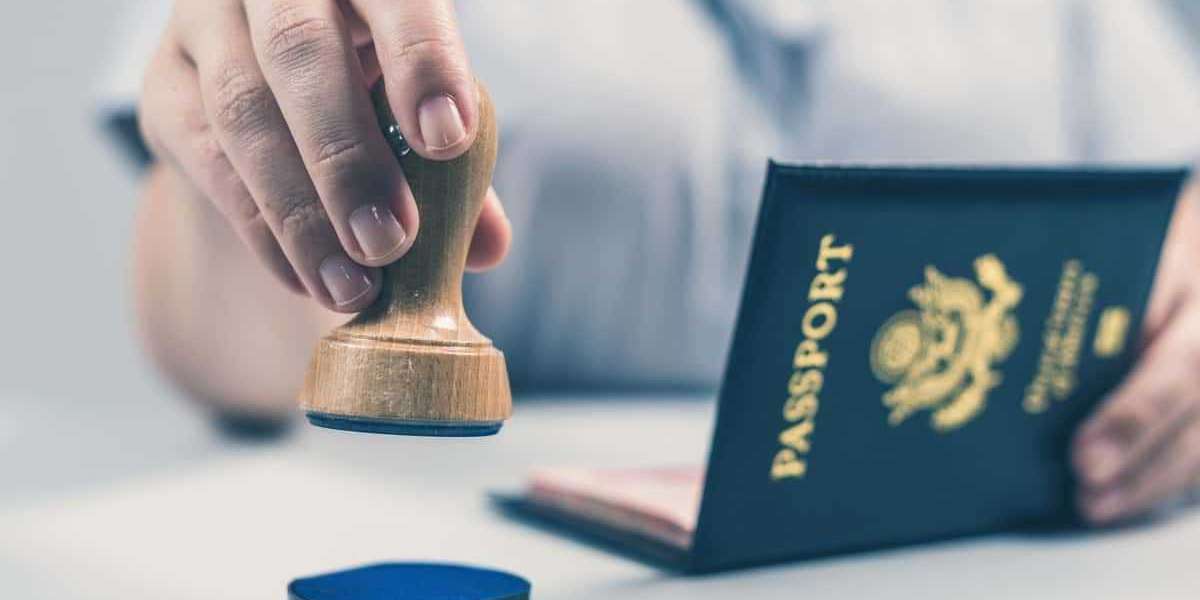Why Google Maps Rankings Matter for Local Businesses
In today’s digital world, if your business isn’t showing up on Google Maps, you’re missing out on a significant chunk of potential customers.
According to Google, 76% of people who search for something nearby visit a related business within a day. That’s why Local SEO, and specifically Google Maps optimization, is no longer optional it’s essential.
As a mid-level marketer or business owner, you’re probably already doing the basics. But how do you go beyond and outrank your competitors? This blog reveals five actionable local SEO hacks to elevate your rankings and dominate local search.
Hack 1: Fully Optimize Your Google Business Profile (GBP)
Why It Matters
Your Google Business Profile (GBP) is often the first impression people get of your business. A well-optimized profile increases visibility in the local pack and on Google Maps, while building trust with potential customers.
What to Do
- Fill Out Every Section: Don’t leave anything blank. Business name, categories, hours, services, products, and FAQs should be complete and accurate.
- Keywords in Description: Use relevant local keywords in your business description and services without stuffing.
- Photos and Videos: Regularly update high-quality images of your storefront, products, and team. Add videos to boost engagement.
- Posts and Updates: Post weekly updates about promotions, events, or news to keep your profile active.
Pro Tip
Use UTM parameters on your links to track how much traffic and conversions come from your GBP.
Hack 2: Build and Manage Local Citations Consistently
Why It Matters
Consistent citations signal trust to Google’s algorithm. Discrepancies in business name, address, and phone number (NAP) confuse search engines and can harm rankings.
What to Do
- Audit Existing Listings: Use tools like SEMrush Local or Moz Local to find inconsistent citations.
- Fix Errors: Ensure your NAP is 100% consistent across Google Maps, Yelp, Apple Maps, Bing Places, and industry-specific directories.
- Expand Your Reach: List your business in niche local directories, chambers of commerce websites, and neighborhood apps like Nextdoor.
Pro Tip
Focus on high-authority directories relevant to your industry. A handful of quality citations is better than dozens of irrelevant ones.
Hack 3: Generate and Respond to Reviews Strategically
Why It Matters
Reviews are one of the top local ranking factors on Google Maps. They also impact consumer trust, with 93% of people saying reviews influence their buying decisions.
What to Do
- Ask for Reviews Proactively: After each transaction or service, encourage happy customers to leave a review. Automate requests using tools like Whitespark or BrightLocal.
- Respond to Every Review: Whether positive or negative, show you care. Thank happy reviewers and professionally address negative feedback.
- Include Keywords: Encourage customers to mention specific services or locations in their reviews naturally. This can improve keyword relevance.
Pro Tip
Avoid offering incentives in exchange for reviews. Instead, focus on creating an outstanding customer experience worth talking about.
Hack 4: Create Location-Specific Content and Local Backlinks
Why It Matters
Google’s algorithm favors businesses that are connected to their communities. Location-based content and backlinks from reputable local sources can dramatically improve your relevance and authority.
What to Do
- Publish Localized Blog Posts: Write about local events, news, or customer success stories relevant to your service area.
- Create Location Pages: If you serve multiple cities or neighborhoods, build separate pages optimized for local keywords.
- Earn Local Backlinks: Partner with local influencers, sponsor community events, or get featured in local media to gain high-authority backlinks.
Pro Tip
Host or participate in local events and share photos or recaps on your website and social media. This builds engagement and backlink opportunities.
Hack 5: Use Hyperlocal SEO and Geo-Tagging Techniques
Why It Matters
Hyperlocal SEO strategies focus on targeting specific neighborhoods, landmarks, or micro-areas, allowing you to outrank competitors who take a broader approach.
What to Do
- Geo-Tag Photos: Add GPS coordinates to your photos before uploading them to your Google Business Profile. Tools like GeoImgr make this easy.
- Neighborhood Keywords: Incorporate hyperlocal keywords in your GBP descriptions and website content (e.g., "best plumber in Downtown Austin").
- Localized Schema Markup: Implement LocalBusiness Schema on your website with geo-coordinates, service areas, and business hours.
Pro Tip
Encourage customers to check-in or tag your business on social media when they visit. This increases location signals to search engines.
Measuring Your Success in Google Maps Rankings
Track Your Metrics
Use tools like Google Business Profile Insights, BrightLocal, and Google Analytics to monitor:
- Search impressions and clicks
- Direction requests and phone calls
- Customer actions (website visits, bookings)
Watch Your Competitors
Regularly audit your top competitors’ profiles. See what categories they’re using, how often they post, and how they engage with reviews.
Conclusion: Take Action and Dominate Local Search
Outranking your competitors on Google Maps isn’t about one big tactic—it’s about consistently applying the right local SEO strategies. From optimizing your Google Business Profile to generating local reviews and backlinks, these five hacks can give you a serious edge.
? Want hands-on help? The team at TKRise Local SEO services can customize a Google Maps SEO strategy tailored to your business and location.
FAQs
How long does it take to see results from local SEO?
Typically, you can expect to see noticeable improvements within three to six months, depending on your competition and starting point.
Are Google Maps rankings different from organic search rankings?
Yes. While they share some factors, Google Maps rankings heavily rely on proximity, relevance, and review signals, whereas organic SEO focuses more on website authority and content.
How often should I update my Google Business Profile?
You should update your GBP at least weekly with posts, photos, or offers to stay relevant and active.
Can businesses without a physical storefront rank on Google Maps?
Yes. Service Area Businesses (SABs) can rank by defining their service areas and optimizing their profiles accordingly.
Do reviews really impact Google Maps rankings?
Absolutely. Review quantity, quality, and recency are significant ranking factors for Google Maps visibility.
What's the most common local SEO mistake?
Inconsistent NAP (Name, Address, Phone Number) information across directories and platforms is a common mistake that hurts rankings.







